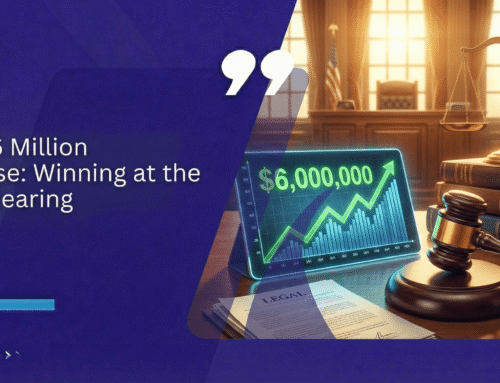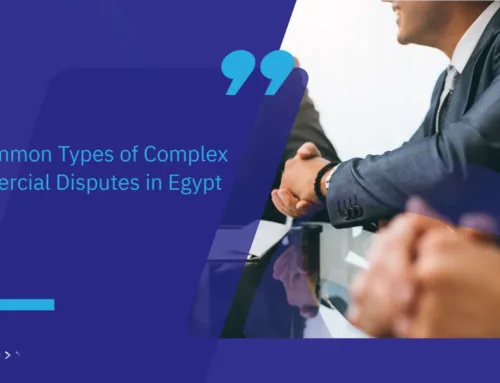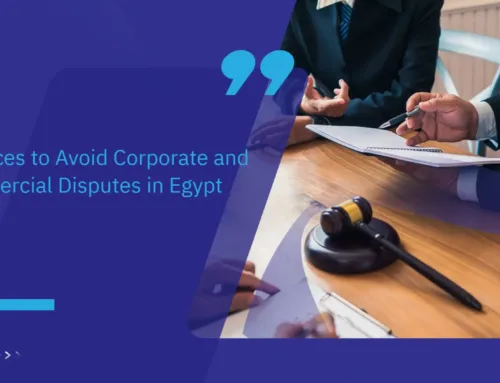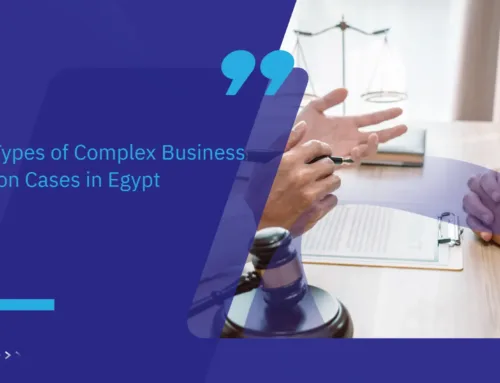Commercial agreements are more than just paperwork; they are the foundation upon which success is built. But what happens when one party fails to meet these promises? A Commercial Breach of Contract can shake the very foundations of business relationships, costing time, resources and reputation. Yet, beyond the legal implications, it presents an opportunity for growth, resilience and improvement. Hence, with the right approach, what seems like a disruption can quickly become a catalyst for strengthening your business’s foundation, protecting your reputation and securing long-term success.
What is Commercial Breach of Contract?
A commercial breach of contract occurs when one party fails to fulfill their obligations under a contract in a business or commercial context. A “breach” can happen in various forms, such as non-performance, late performance or defective performance, having significant legal and financial implications for the parties involved.
There are various reasons why breaches occur, ranging from misunderstandings to intentional violations. Here are some of the most common causes:
-
Non-Performance
Breaches happen when one party fails to deliver goods or services or misses deadlines, which were key terms in the contract.
-
Misunderstanding
Ambiguous terms or poorly drafted contracts can lead to different interpretations, causing disputes about obligations.
-
Insolvency
When a party faces financial distress or bankruptcy, they may be unable to meet their contractual obligations.
-
Legal Issues
Changes in laws or failure to comply with regulations can prevent a party from fulfilling its contractual duties.
-
Operational Changes
Business changes, such as restructuring or resource shortages, may prevent a company from meeting its contractual obligations.
-
Market Changes
Economic shifts, like price increases or market instability, can make it difficult for a party to uphold their obligations.
-
Poor Communication
Miscommunication or lack of coordination can cause parties to miss deadlines or misunderstand key contract terms.
Legal Consequences of Commercial Breach of Contract
When a commercial breach of contract occurs, there are several legal consequences can vary depending on the terms of the contract, the nature of the breach and the jurisdiction under which the contract is governed.
Here are the key legal consequences include:
-
Monetary Damages
The breaching party may be required to pay compensatory damages to cover direct losses, consequential damages for indirect losses or liquidated damages if specified in the contract. In cases of extreme misconduct, punitive damages may also be awarded.
-
Specific Performance
Specific performance is a court order requiring the breaching party to fulfill the contract, particularly when the subject is unique (e.g., real estate or rare goods). It’s an alternative to damages when monetary compensation isn’t enough.
-
Rescission
Rescission allows the non-breaching party to cancel the contract, nullifying obligations. It’s used when the breach is significant, making the contract unworkable, allowing the return of any exchanged goods or money.
-
Restitution
Restitution requires the breaching party to return any benefits they received under the contract to prevent unjust enrichment, like when a buyer wants their money back for undelivered goods.
-
Termination of Contract
Termination occurs when a material breach makes further performance impossible or impractical. It frees the non-breaching party from their obligations and may allow them to seek a remedy.
-
Reputation Damage
A breach can damage a party’s reputation, making future contracts or partnerships more difficult to secure. Businesses may face a loss of trust from clients, suppliers or investors.
How “Consortio Law Firm” Help in Resolving the Breach?
A Commercial Breach of Contract might seem like a setback, but it’s an inevitable part of doing business that, if handled right, can be transformed into a powerful opportunity.
Thus, hiring qualified contract lawyers is crucial for effectively resolving of a Commercial Breach of Contract. A skilled lawyer can navigate the complexities of contract law, ensuring your rights are protected and helping you achieve a favorable outcome.
At “Consortio Law Firm”, we provide comprehensive legal assistance in resolving a commercial breach of contract by offering several services to protect clients’ interests. Here’s how we might help:
- Contract Review: Analyzing terms to identify risks and enforceability.
- Legal Advice: Offering guidance on remedies, including damages, specific performance or rescission.
- Litigation Support: Representing clients in court or defending against breach claims.
- Mediation/Arbitration: Facilitating alternative dispute resolution to avoid lengthy court battles.
- Damages Calculation: Assessing and securing proper compensation for losses.
- Preventative Guidance: Drafting stronger commercial contracts to prevent future issues.
- Enforcement: Helping clients collect on judgments or ensure compliance.
- International Expertise: Handling cross-border disputes with knowledge of international law.
“Filing a breach of contract claim requires a specific strategy to ensure the damages are enforceable; see the complete roadmap in our Commercial Litigation Master Guide.”
It’s time to turn the risks of a breach into your next competitive advantage.
If you’re facing a Commercial Breach of Contract, don’t navigate the complexities alone. “Consortio Law Firm” is here to provide expert legal guidance, representation and solutions tailored to your needs.
Contact us Today to schedule a consultation and protect your business interests via:
Phone number: (002-01028806061).
Email: (Info@consortiolawfirm.com).
FAQ
-
What are common types of contract breaches in commercial agreements?
- Material breach: A significant failure to perform, impacting the contract’s core purpose.
- Minor breach: A partial failure or a less significant deviation.
- Anticipatory breach: When a party indicates they won’t fulfill their obligations before the deadline.
-
What can happen if there is a breach of a commercial contract?
The injured party can claim damages, seek specific performance or terminate the contract, depending on the terms and severity of the breach.
-
How can you avoid a commercial breach of contract?
- Clearly define terms and obligations.
- Use precise and unambiguous language.
- Include clauses about dispute resolution and remedies.
- Hiring expert contract lawyers such as “Consortio Law Firm”.
-
Can a contract be enforced if there was a breach?
Yes, a contract can be enforced even after a breach, but the non-breaching party may need to prove damages and the extent of harm caused.
-
Can a breach of contract lead to a lawsuit?
Yes, the injured party can file a lawsuit to seek damages, enforcement of the contract or other remedies provided under the agreement.
-
How can mediation or arbitration help with a breach of contract?
Mediation and arbitration offer alternative dispute resolution methods that are generally quicker and less expensive than traditional lawsuits, helping parties reach a resolution without court involvement.





